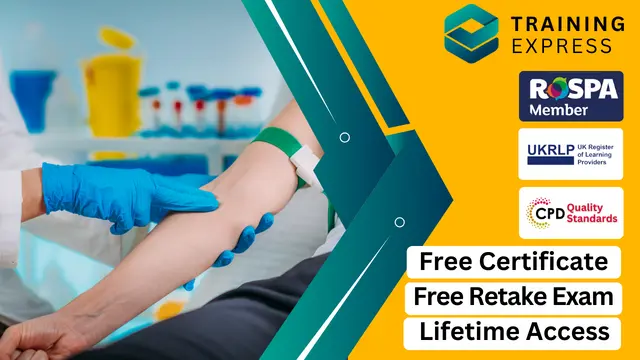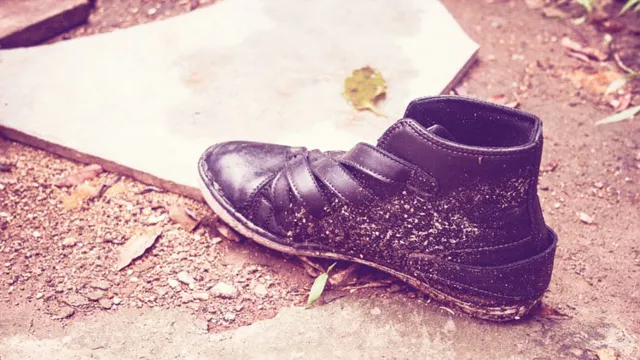Phlebotomy & Venipuncture Training With Complete Career Guide
Training Express Ltd
10 FREE Certificates | 10 CPD Accredited Courses | Unlimited Retake | Lifetime Access
- Online
- 60 hours · Self-paced
- Certificate(s) included
- 100 CPD points
- Tutor support
Great service
Embark on a journey into the world of phlebotomy with our comprehensive course, "Phlebotomy & Venipuncture Training With Complete Career Guide." Unlock exciting opportunities in the healthcare sector, where the demand for skilled professionals is on the rise. In the UK, the a
…



